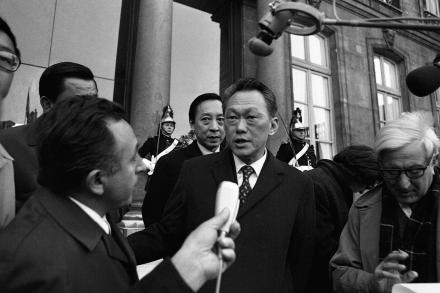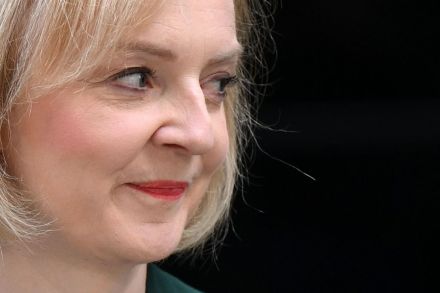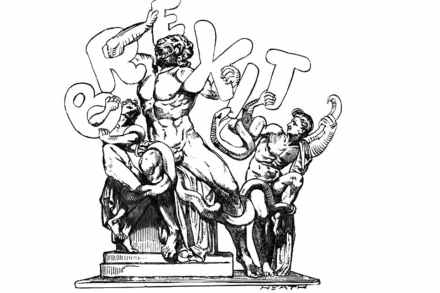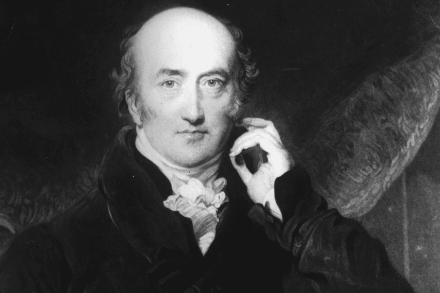How has the Conservative party’s ‘Dr No’ escaped everyone’s notice for so long?
The reason conspiracy theories are so resilient, reproducing themselves from one generation to another, is that they are unfalsifiable. Evidence against them, however solid, has obviously been faked. Anyone who tries to demonstrate that Americans did land on the moon or that J.F. Kennedy was killed by Lee Harvey Oswald is obviously in the pay of people who stand to benefit. If you ask who those people are, since there seems to be no evidence of their existence, the answer is always the same: they are very good at concealing themselves. And so the theory finds credulous punters. To save time, I should probably point out that The Spectator, which




















